
Previous installments of this series: Massachusetts, Minnesota, Virginia, Arkansas, Alabama, Vermont, Georgia, Texas.
Tennessee holds its Presidential primary on March 1st, along with all the other Super Tuesday states. Let’s break down what you can expect.
Background:
Tennessee is a surprisingly establishment-friendly state, at least at the statewide level. Both Lamar Alexander and Bob Corker are among the more moderate Republicans in the Senate, and both breeze to easy re-elections every six years. Governor Bob Haslam is probably more moderate than John Kasich, and has also tried (unsuccessfully) to force a Medicaid expansion on the state, but still enjoys a 64% approval rating. Pockets of Tennesssee are much more tea-party friendly, which is how scandal-ridden Scott Desjarlais even hopes to keep his job election after election. It also explains how Stephen Fincher was elected in the first place, ditto Diane Black. On the whole, the metropolitan areas of Tennessee have enough moderate, pragmatic Republicans that winning statewide can be difficult for very conservative candidates.
In 2008, Mike Huckabee edged out John McCain even as McCain was on his way to clinching the nomination. In 2012, Rick Santorum defeated both Mitt Romney and Newt Gingrich pretty handily. That demonstrates a couple of important points about the Tennessee electorate:
- Their recent statewide trends notwithstanding, Tennessee has an absolutely huge portion of the electorate that self-identifies as either “somewhat conservative” (32% in 2012) and “very conservative” (41% in 2012). Santorum defeated Romney by running up the score among “very conservative” voters by a margin of 41%-18%.
- “White evangelical or born-again Christian” voters comprised an equally astonishing 73% of the Republican vote in 2012. These voters backed Santorum by a margin of 42%-24% over Romney.
In other words, the Tennessee electorate is significantly more evangelical and conservative in Presidential primaries than they are in any other elections. This is good news for Cruz (and, to a lesser extent, Rubio). Tennessee basically has the voting profile of Iowa. We’ll see how that translates.
Polling:
Polling has been pretty scant of this race. The race has only been polled once this year, and most of the responses from that poll came prior to South Carolina, but the top line showed Trump at 40%, Cruz at 22%, and Rubio at 19%. This result should probably be trusted nearly zero per cent.
Endorsements:
Rubio has pretty much locked down the whole state at least at the statewide/federal level. Haslam and Alexander have recently announced endorsements. Corker will not endorse anyone. Tennessee’s most high profile Representative, Marsha Blackburn, has also endorsed Rubio. Cruz has the endorsement of many state legislators and prominent evangelical leaders.
Delegates/allocation:
Tennessee has 58 delegates at stake, awarded via a complicated formula. Basically, some portion of them (28) are allocated via statewide proportionality, and some portion (27) are allocated proportionally by Congressional district (3 per 9 districts). There are three unbound delegates who are state party functionaries. Tennessee has a 20% threshold to qualify for any delegates, both for the statewide allocation pool and the per district allocation pool.
Forecast:
Tennessee presents one of the better chances for either Cruz or Rubio to sneak up and steal a state from Trump on Super Tuesday. Rubio has a ton of momentum in the state, with recent high profile visits that have drawn huge crowds. The Cruz campaign has put together an impressive operation, identifying county chairs and evangelical leaders across the state who will attempt to maximize his turnout among Tennessee’s sizeable evangelical community.
Rubio’s strength will be (as always) in the metro areas, and in the wealthier southern suburbs of Nashville and Eastern Memphis burbs (roughly speaking, the area encompassing Marsha Blackburn’s district, and some of Diane Black’s). Cruz will attempt to run up the score in Fincher’s district and in outlying southeastern areas. Trump will (most likely) run strongest in the eastern reaches of the state, which have become almost 100% Republican in recent elections.
Bold prediction: Trump 30, Rubio 26, Cruz 23.



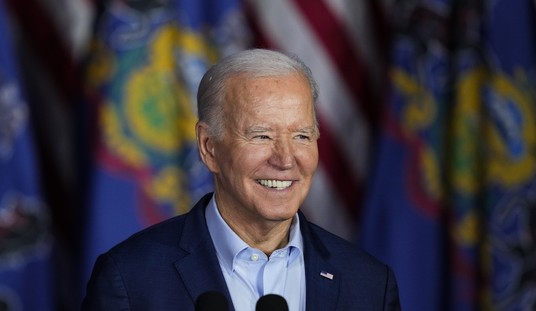
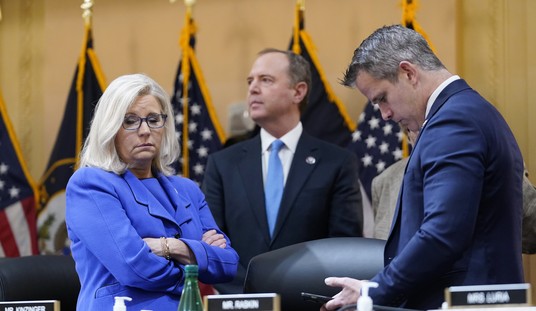

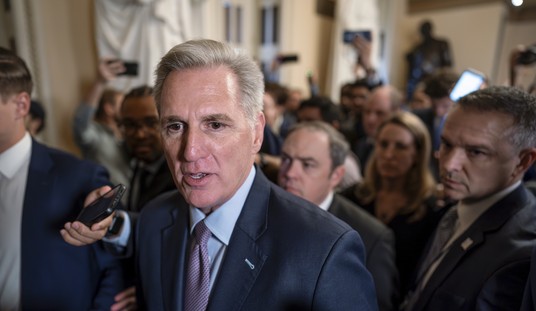


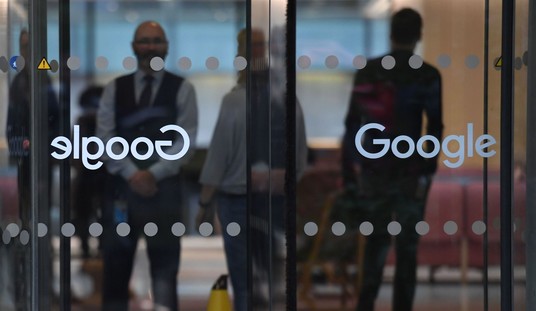

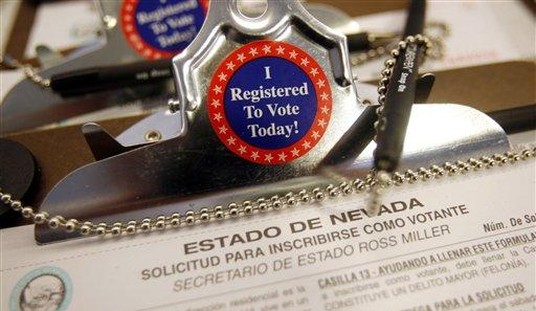

Join the conversation as a VIP Member